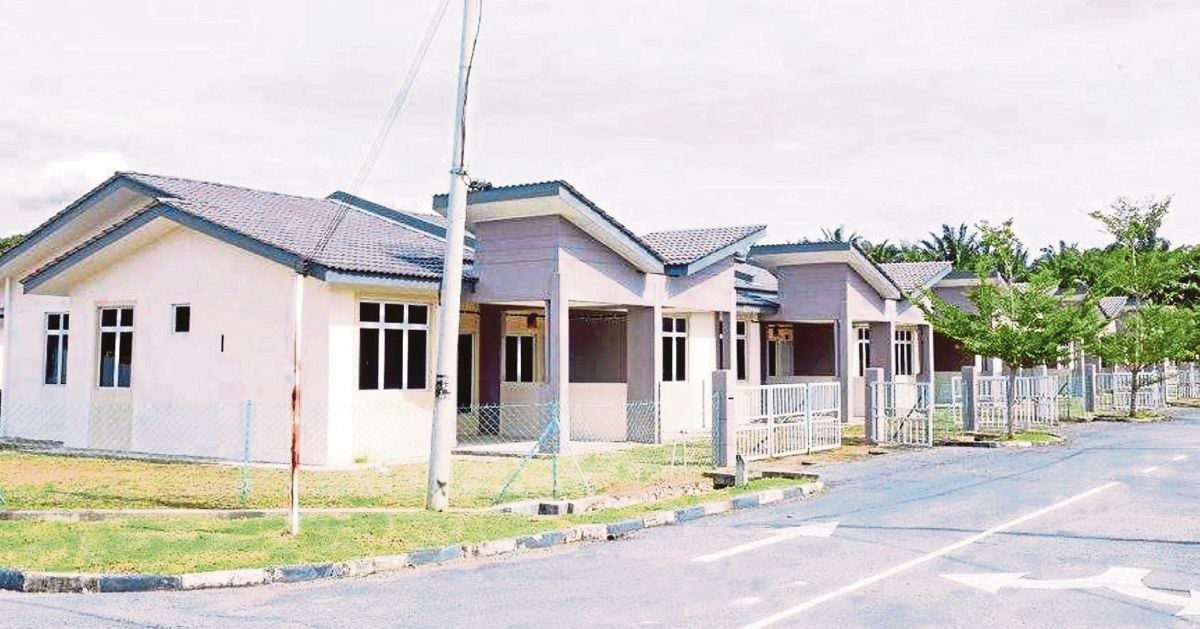KUALA LUMPUR: The proposed Urban Renewal Act (URA), set to be tabled in Parliament by the first quarter of 2025, is expected to become a landmark law that will fundamentally reshape land and property ownership in Malaysia, said National House Buyers Association (HBA) honorary secretary-general Datuk Chang Kim Loong.
“The entire property landscape — whether stratified or landed, residential or commercial — will be impacted, affecting every Malaysian and foreign owner,” he told Business Times.
The HBA insists that any redevelopment, rejuvenation, or renewal of real estate must have the unanimous consent of all unit owners.
Chang expressed concern that the proposed law could revive the controversial en-bloc strata sale proposal from over a decade ago, which was primarily aimed at enabling developers to acquire land for profit rather than for genuine urban renewal.
“Stop using Singapore or Hong Kong as examples of urban renewal projects. They have limited land and their buildings are built on leasehold land.”
He warned that implementing the law without genuine consent from all property owners could disrupt developments, regardless of strata status, and potentially lead to social unrest. Minority homeowners may feel pressured to comply with the majority’s decision to sell their properties for financial gain, creating a divide between those eager to sell and those wishing to stay.
“Ultimately, the biggest winners in these situations are property developers and their agents, who profit from the turmoil while residents grapple with uncertainty and discord,” Chang said.
A major point of contention with the URA is its plan to lower the consent threshold for en-bloc sales of strata-titled properties. The threshold would drop from the current 100 per cent unanimous resolution to 80 per cent for buildings under 30 years old, 75 per cent for buildings over 30 years old, and 51 per cent for abandoned developments.
Housing and Local Government Minister Nga Kor Ming reportedly said that federal and state governments will provide various incentives to drive the success of the URA. He said that property owners will get the same area or ownership of new properties with higher value, enhanced by improved infrastructure and environment.
Consultations with property owners will ensure their rights and interests are protected, including the repossession of new properties in line with existing property values and future valuations, with projected profits controlled and agreed upon by the government.
If the required consent threshold of 75 to 80 per cent is not met, the authorities will not proceed with the redevelopment project, taking into account the views of the residents, he said.
Nischal Ranjinath Muniandy, senior researcher in public finance at the Institute for Democracy and Economic Affairs (IDEAS), said the URA would have a significant impact on urban development and could drive redevelopment in major cities nationwide.
The Ministry of Housing and Local Government (KPKT) has identified 534 potential redevelopment sites in Peninsular Malaysia, including 139 within Kuala Lumpur, covering 13.4 per cent of the city’s total area and boasting a combined gross development value (GDV) of RM355.3 billion.
While KPKT argues that redevelopment is necessary to address dilapidated and under-maintained structures, opponents fear potential abuse by powerful interests in the real estate sector, leading to overdevelopment driven by private profit.
There are also concerns about the welfare of existing residents, as those opposing redevelopment could face forced relocation, potentially displacing families and uprooting communities.
Despite these concerns, Nischal noted that the URA could enable the revitalisation of abandoned and derelict structures, particularly in historic city centres, where the cost of refurbishing ageing buildings to meet modern energy efficiency standards is often prohibitively high.
© New Straits Times Press (M) Bhd

